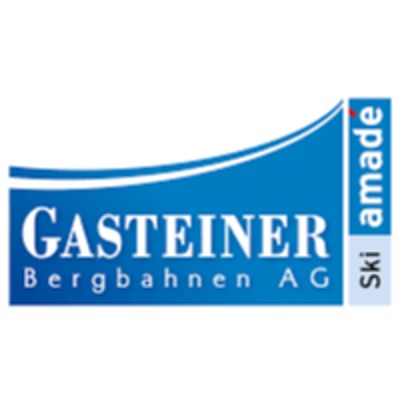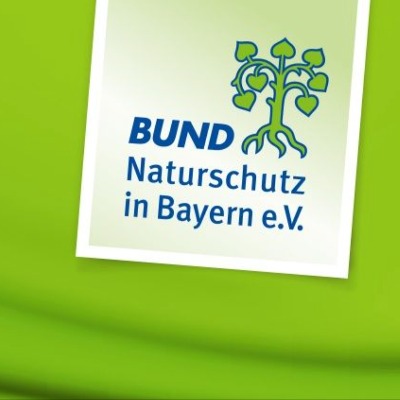Efuel Fuel For Snow Groomers - Innovative Pilot Project Aims To Make Ski Areas Co2-neutral

Local tourism professionals, including the cable car industry, have been dealing with the issue of climate and environmental protection for some time. Ideas, solutions and, above all, practical implementation are required here. While cable cars and snow cannons have been operated with green electricity for years, there is still no corresponding offer in the area of slope preparation. A pilot project on the Hintertux Glacier is now intended to make the operation of snow groomers CO2-neutral.
Around 2,000 piste machines (excluding skidoos) - around 50 percent of which only in Tyrol - are in use in Austria's ski areas. Around 30 million liters of fuel are required to operate the snow groomers per year, which means annual emissions of 40,000 tons of CO2. The specialist group of the Tyrolean cable cars in the Tyrolean Chamber of Commerce has been trying to find an environmentally friendly future solution for decarbonization here for some time. “We have already carried out pilot tests with battery-powered snow groomers and with hydrogen-powered snow groomers in recent years. Unfortunately, both technologies are not really suitable for use in high alpine terrain, ”explains specialist group chairman Franz Hörl.
Promising cooperation
Now the eFuel Alliance Austria is starting the pilot test in cooperation with the specialist group of the Tyrolean cable cars on the Hintertux Glacier by using CO2-neutral synthetic fuel in piste equipment. This technology promises some significant advantages for snow groomers, which are now also to be examined and tested in reality. “This brings us a big step closer to our goal of operating ski areas in a climate-neutral way in the near future,” says Hörl happily.
For the chairman of the eFuel Alliance Austria, Jürgen Roth, eFuels are an essential component of the energy transition: "eFuels are cleaner than fuels previously used and contribute significantly to achieving a socially acceptable energy transition." EFuels are synthetically produced liquid fuels and fuels. They are made from hydrogen. The energy required for this comes from wind and solar systems. Thanks to the synthesis with CO2 (power-to-liquid process) and renewable energies, eFuels can be produced in a climate-neutral manner.
Scientific support
As part of the pilot project, a snow groomer is operated with eFuels in order to test the functionality in use under real conditions. The pilot project is scientifically supported by the research department of AVL List GmbH, on whose premises the most modern power-to-liquid plant in Europe is currently being built and will go into operation in 2022.
The managing director of the Zillertaler Gletscherbahn, Klaus Dengg, who will provide a piste machine for the tests on the Hintertux Glacier, is also hoping for important information. “We have an average of around 1,000 operating hours per piste machine per season. With a consumption of up to 30 liters per operating hour, that is around 60,000 liters per year. If the slope preparation could be CO2-neutral, it would of course be a clean affair for people and the environment. ”The cable car operator sees enormous potential for the tourist region in this.
According to Kässbohrer Managing Director Christian Paar, almost no conversions are necessary to use eFuels: “The PAL fuel used in the test is approved for the engines that Kässbohrer installs. The advantage is clearly that no major changes to the engines or fuel infrastructure are required. You can say that you simply refuel and the device is ready to go. ”Kässbohrer will accompany the project in order to gain his own important knowledge for the piste machines of the future.
Synthetic fuels as a benefit for the environment
Austria is involved in the research of eFuels with great know-how, which are an excellent CO2-neutral alternative to conventional liquid energy sources. Areas with a lot of sun and wind and a large potential of renewable energies are particularly suitable as locations for the cost-effective production of hydrogen and hydrogen-based secondary products such as eFuels. This significantly reduces production costs and establishes eFuels for a wide range of uses, such as in the entire road, air and ship traffic, but also in the heating market and as a raw material for the chemical industry.
A big advantage of eFuels is that they have the same properties and efficiency as fossil fuels, but the energetic use is CO2-neutral. In this way, a massive reduction in greenhouse gas emissions is achieved without having to forego the tried and tested infrastructure in mobility, in air and shipping traffic and in the space heating market. Expensive conversions are not necessary for the use. A circumstance that benefits the environment and consumers, who can, for example, drive their cars on CO2-neutral fuel.
The potential for the production of synthetic fuels is considerable. In 2030, 240 million liters could be generated in Austria just by using excess electricity from renewable sources.













